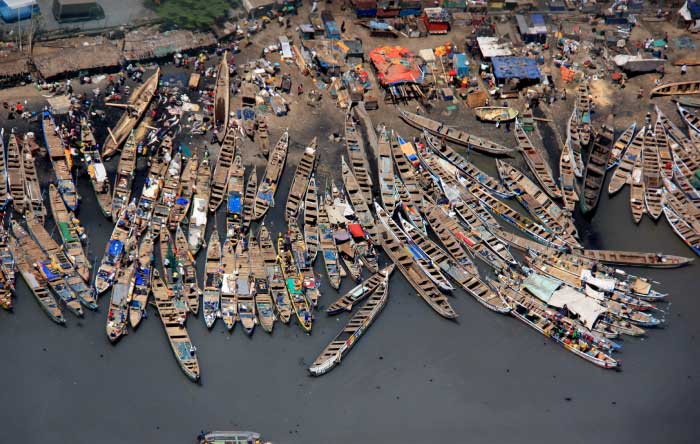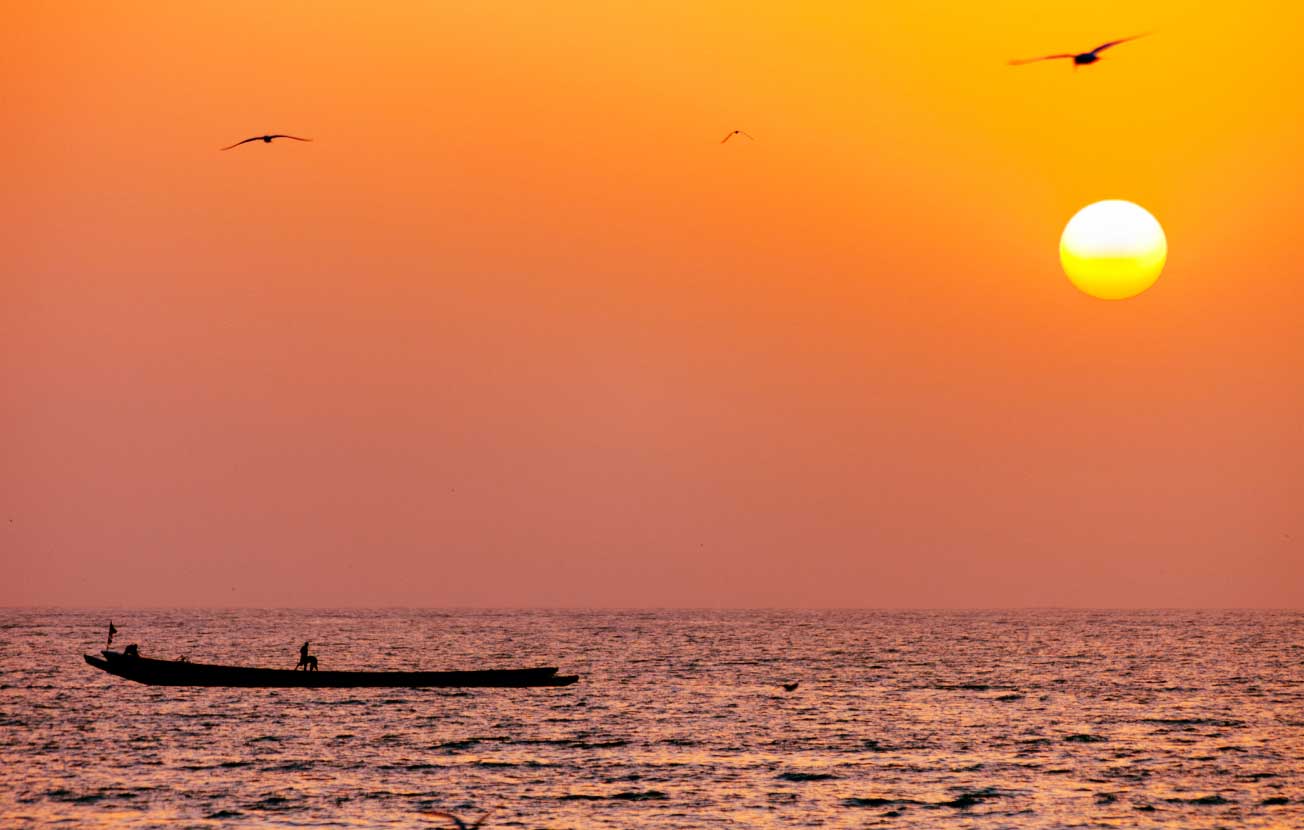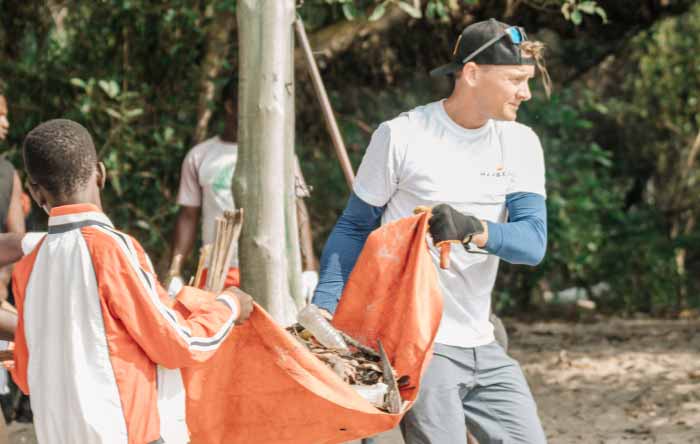Supporting sustainable, artisanal fishing in West Africa
For hundreds of years, small-scale fishing has played a significant role in the lives of coastal communities across Africa, providing jobs and food security. And to this day, fishing communities in Ghana and its neighboring nations venture into the seas in impressive wooden canoes, much like the ones their ancestors would have used before them.
However, in recent years, the sustainability of their practices has been negatively impacted by factors including climate change, ocean pollution and debris.
Here at Mayekoo, we’re doing our part to positively impact fishing communities in Ghana by cleaning up Labadi Beach, minimizing the litter and pollutants that travel from the shore to the sea. With your help, we can restore and sustain Ghana’s most popular beach and support artisanal fishing in West Africa.

The importance of artisanal fishing in West Africa
For a large portion of Africans, fish is an affordable, accessible and essential source of protein. Fish accounts for a significant proportion of animal protein intake across West Africa, including Ghana (63%), Sierra Leone (70%), the Gambia (49%) and Senegal (44%).
Today, as many as 2.2 million people in Ghana (6.7 million across West Africa) are reliant on the fisheries sector for their food and/or livelihoods, including 135,000 fishers (92% of whom are artisanal) as well as those whose jobs are dependent on it.
An industry in decline
However, small-scale fishing in West Africa is now faced with more challenges than ever before. In recent years, there have been noticeably fewer fish as a result of factors relating to climate change, ocean pollution and unsustainable fishing techniques.
According to the FAO, all fishing grounds in West Africa are over-exploited. It’s the poorest residents of coastal communities that are hit hardest by this, as artisanal and subsistence fishers are losing access to an essential cheap source of protein.
Climate change can be held responsible for rising sea temperatures, difficult weather conditions, the decreasing size of fish and the migration of fish away from West Africa towards cooler waters.

Ocean pollution from Labadi Beach
Other factors that threaten the livelihoods of artisanal fishers are the fault of humans, including ocean pollution from beaches. One example of this is Labadi Beach, one of Ghana’s busiest and most popular beaches.
Due to insufficient resources for trash receptacles, toilets and drinking fountains, Labadi Beach has accumulated a staggering amount of garbage along its shores, which then migrates into the ocean and pollutes its waters.
This contributes to the challenges of small-scale fishers in Ghana’s waters as fish are driven away by the debris.
Financial insecurity
Over the past decade, the incomes of small-scale fishers have plummeted by up to 40% while the costs of fishing have increased. Despite this, West Africa’s coastal populations are becoming increasingly reliant on fisheries for food and income.
While technological advancements in fishery management have positively impacted large-scale fishing operations, small-scale fishing in West Africa has mostly been left out, forcing it to become a breeder of poverty. This critical industry is in desperate need of solutions.
The economic and social potential of sustainable fishing in West Africa
When managed efficiently and sustainably, artisanal fishes can play an essential role in the food security, income, nutrition, poverty reduction and rural development of Africa. Over 90% of the catch of small-scale fishers in West Africa is consumed domestically, representing its importance for internal development.
As more and more Africans become reliant on fisheries for their food and livelihoods (and the conditions for fishing decline), changes need to be made to increase the sustainability of small-scale fishing for both the fishers and the planet.
The key to this? Effectively regulating and improving fisheries management. The World Bank’s West African Regional Fisheries Program (WARFP) is doing just that, and it’s already increasing fish stock and health in West Africa.
On top of this, efforts need to be made to de-pollute the fishing grounds, including by restricting the amount of litter and debris that enters the ocean from the shore. That’s where Mayekoo come in.

How we’re supporting the fishing industry in West Africa
Here at Mayekoo, we’re making efforts to support fishing economies and communities by minimizing the ocean pollution that travels from the shore to the sea. Specifically, we’re cleaning up 7-10 acres of Ghana’s Labadi Beach per day by contracting a trash hauling company for scheduled pickups and paying for a tractor to tow a beach rake along the beach daily.
This project will reduce the amount of debris entering the ocean that’s hindering local fishers’ livelihoods. With your help, it can continue.
To support our Labadi Beach clean-up project and other projects that work towards eradicating poverty in Africa, enter one of our prize draws. You’ll also be in with a chance of winning big, making it an exciting way to help communities grow and thrive.


